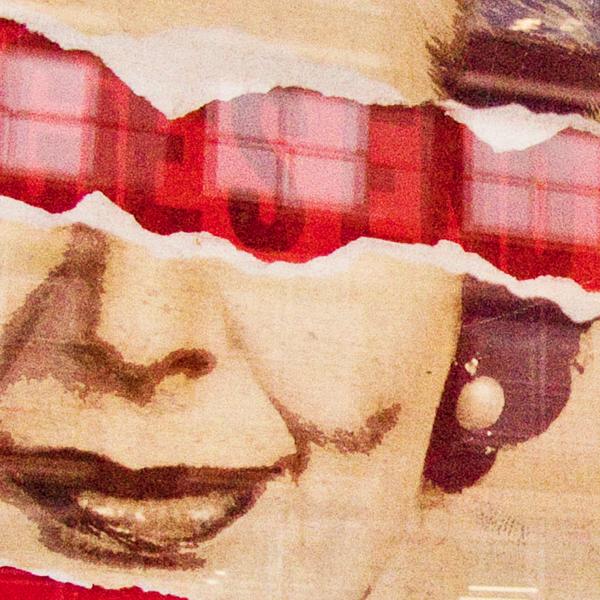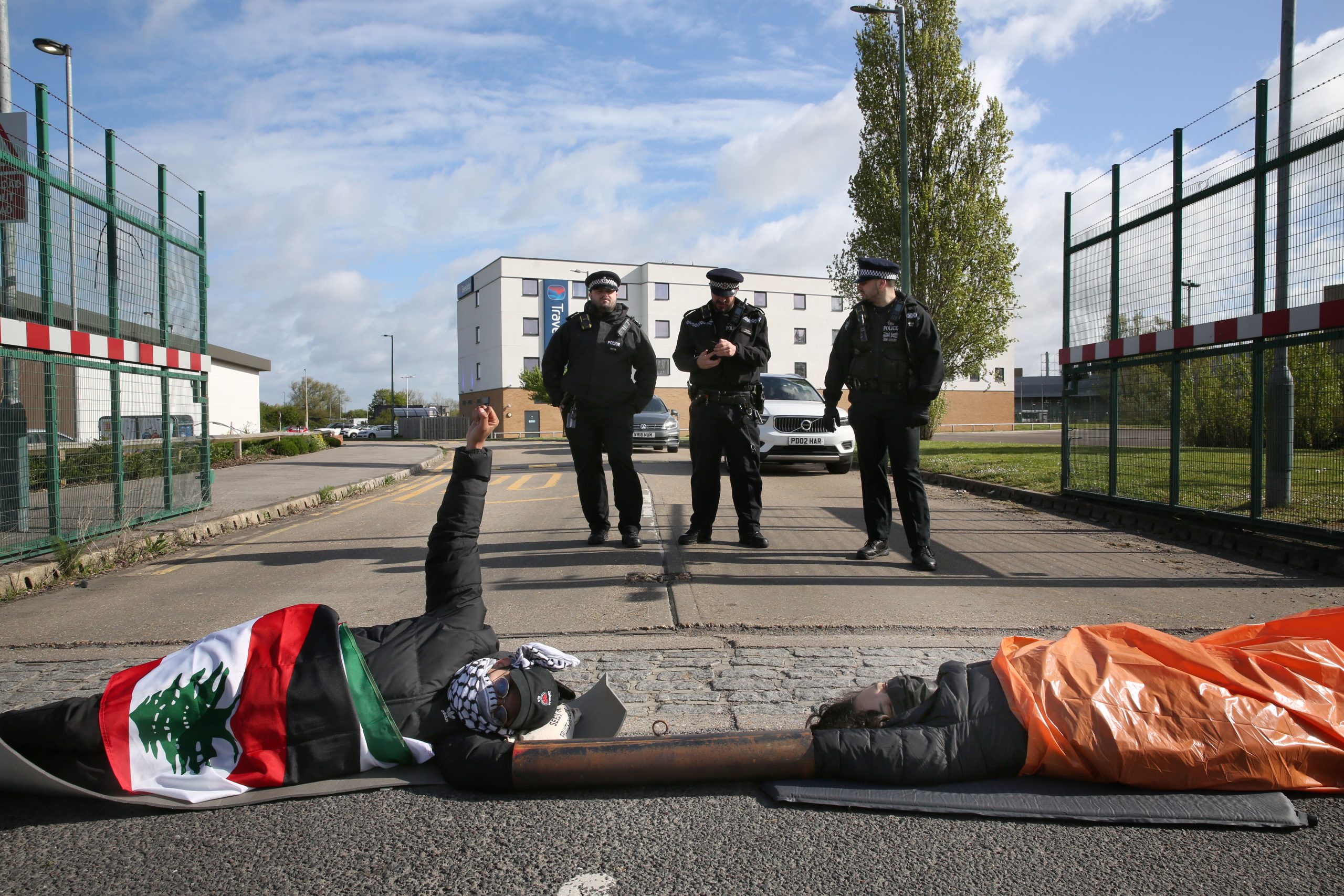The Syrian government led by president Bashar al-Assad is responsible for systematic and widespread torture targeting its opponents, activists and civilians. Syria’s Disappeared is a documentary by Sara Afshar investigating how tens of thousands of men, women and children have been disappeared by the Assad regime into a network of clandestine detention centers. Here, in a short text for Freedom News, Batool Abdulkareem presents her thoughts on Syria’s Disappeared.
Since 2011 the Syrian regime has been quietly slaughtering civilians, the vast majority ordinary people who are thought to oppose the government. There has been an estimated 75,000 people subjected to enforced disappearances and over 17000 were killed in custody since 2011. This is said to be meagre estimate. Saydnaya Military Prison is one of the largest detention centres in Syria. An estimated 10000 to 20000 detainees are held there.
Thousands have been extrajudicially executed in mass hangings, these are carried out at night and are shrouded in secrecy. Excruciating torture, starvation, deprivation of water and medicine, is how detainees die, slow and painful deaths. They are then buried in mass graves.
But these detainees refuse to be broken, they have found ways to carry on. These are the words of Syrian torture survivors:
“It all started with one guy who was sitting in the cell, crying, crying, crying. He told me he had lost the hope that he would ever leave. He said, “I’m not angry, I’m just starving. I’m thinking only of food.” I tried to figure out how to help him. We were in a real battle of survival. If I gave you my food, then I might die. And if you give me your food, then you could die.”
“I ended up giving him my piece of bread that day, and half of my portion of rice. This is where the trade started. I said that the price of my half piece of bread was a whole piece of bread, but he could pay it in installments, over the course of four days. We were all starving and miserable, but this activity helped us survive. It meant that we could spread out the food, depending on who was suffering the most, and it made our minds active. We were always planning something, fighting back, being human. Before, our brains were only thinking: eat, eat, eat, eat. After, we were thinking of cooperating, working together.”
“The only way to stop time in prison is to think of your family and your friends. But you learn to let that go. I started to forget. I lost any memory of the faces of my friends at university. And then I lost all of the faces from the last few years. I kept going back, and back, until I was only able to remember the face of my mother, as she was when I was younger.”
The true stories of people who survived the clandestine detention and carried on fighting for the freedom of their country is well presented in Syria’s Disappeared. This documentary follows the powerful personal stories of three Syrians with evidence gathered from regime documentation smuggled out of Syria.
For those who would like to learn more on Assad’s prisons, here are some resorces (content warning: the links contain graphic descriptions of torture):
Amnesty International Report on Saydnaya Prison in Syria
Human Rights Watch Report on Assad Prisoners
Former Syrian Detainee Exposes Horrors of Prison Life
If you would like to watch Syria’s Disappeared, here is the link to its next screening in London.
Photo: Syria’s Disappeared








